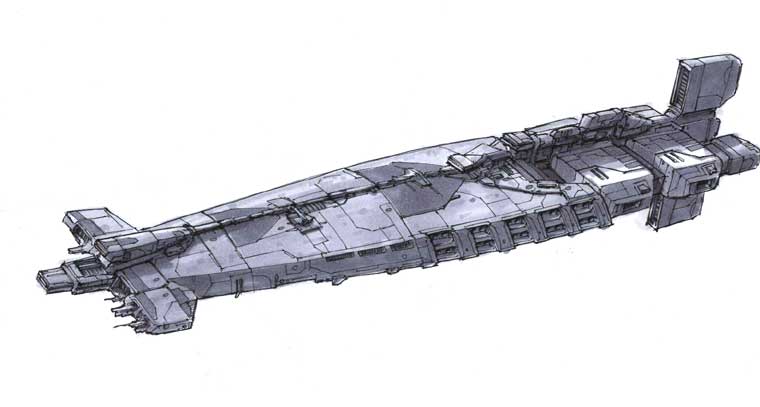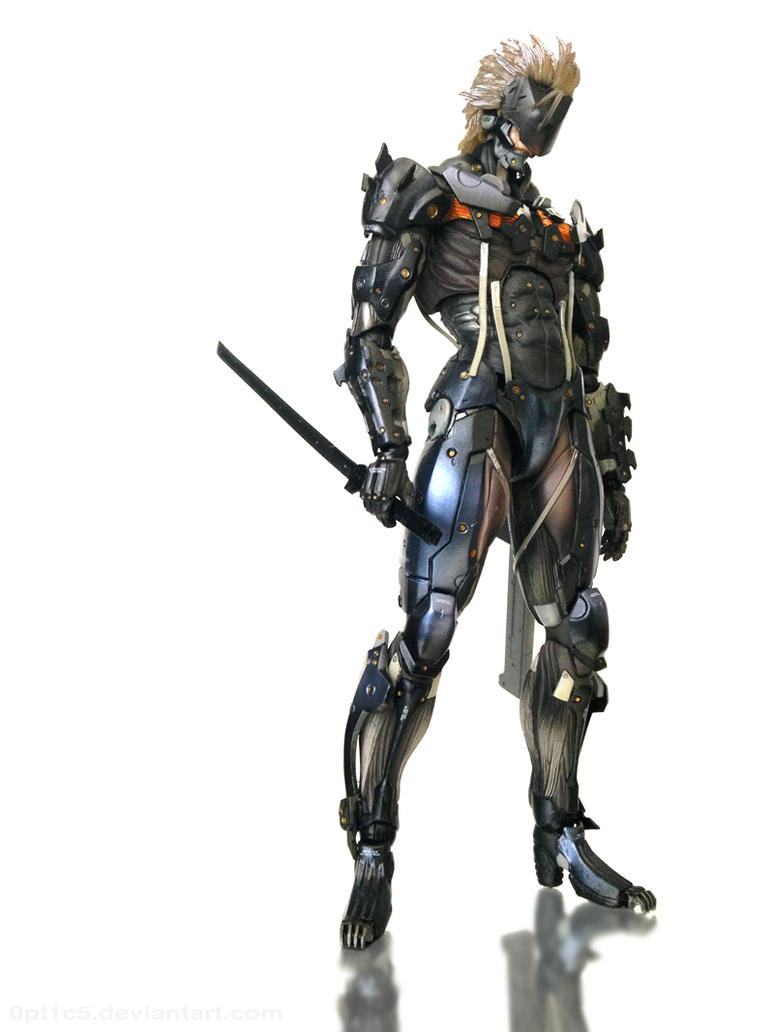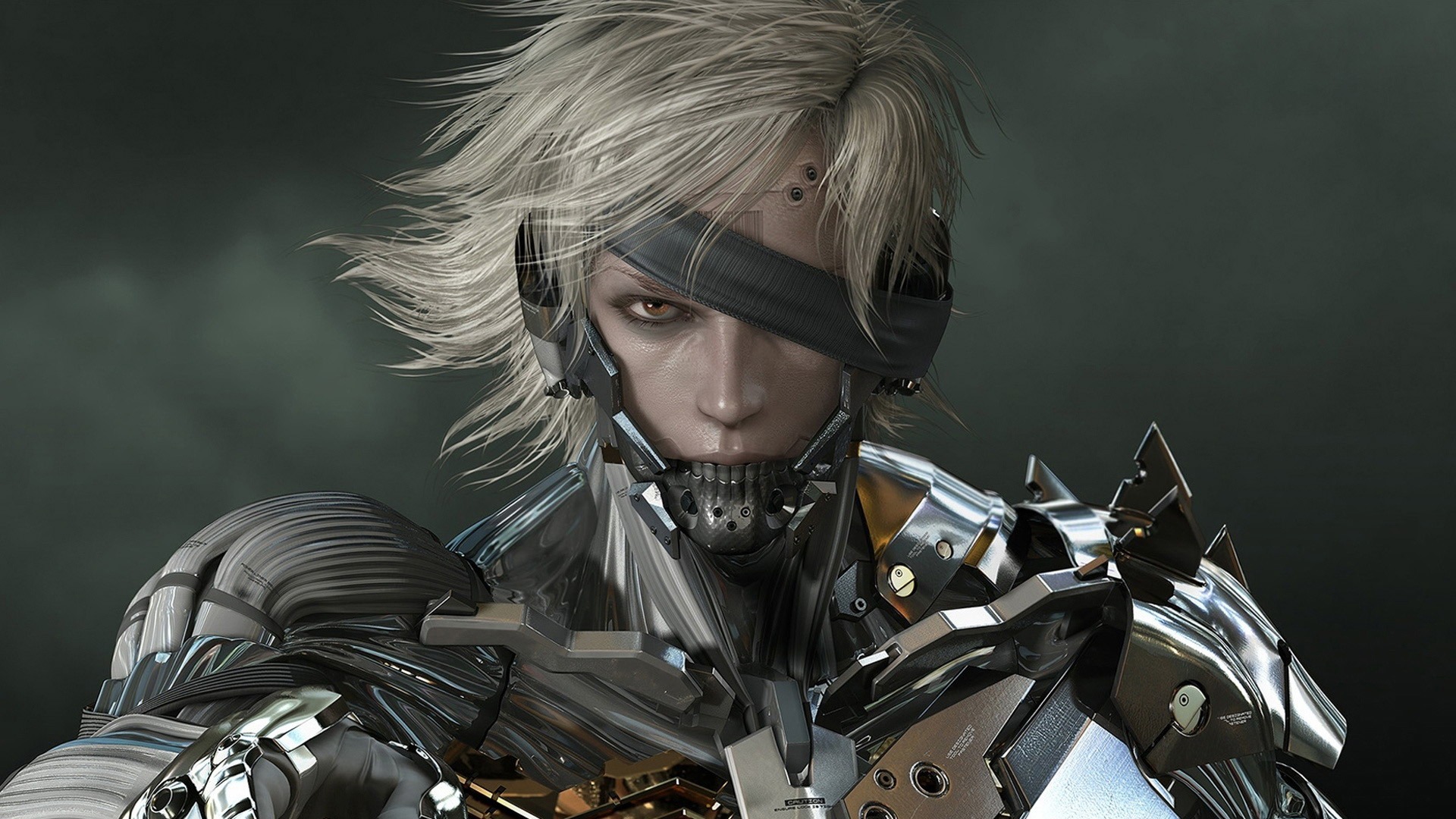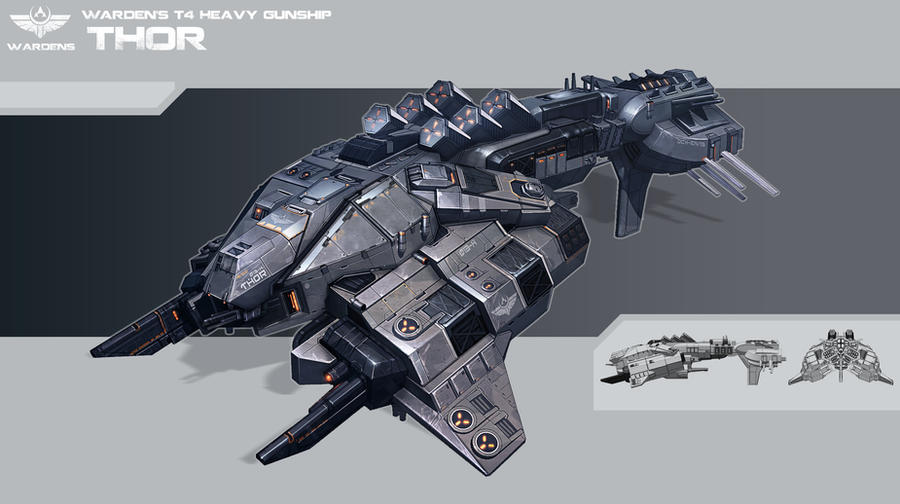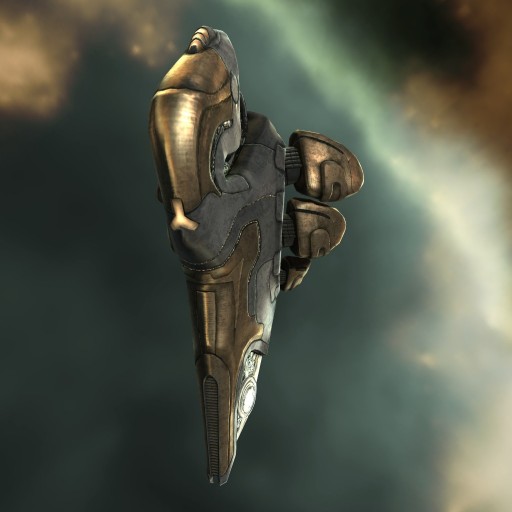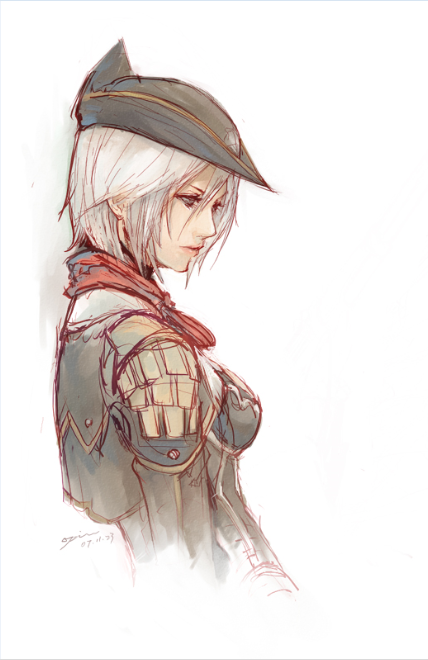SHIP DESIGNATION:ANS Orpheus
SHIP REGISTRY: NS 8190
SHIP CLASS:Cruiser
SHIP SIZE:900 meters long
SHIP CREW:800 crewmen, can accommodate 1600 passengers
SHIP WEAPONSTurbo-laser Cannons (16)
The turbo-laser is the immensely scaled up version of the blaster and laser cannon. These weapons are generally mounted on rotating turrets. Turbo-lasers are heavy laser cannons equipped with large banks of capacitors, allowing them to build up and store far more powerful energy bursts than standard cannons. These capacitors give huge energy bursts to the beam, greatly increasing its power over standard laser cannons. They also help power the galven coils in the barrels of turbolasers. First, a particle beam is generated in the manner standard of blasters and laser cannons. Then even more power is achieved by guiding this laser cannon particle-beam through another stream of energized gas besides the one used in generating the initial beam to increase its power. The extra capacitors in a turbo-laser that store huge amounts of raw energy then contribute to the beam by energizing it even further as it moves to the turbolaser's barrel. The resulting beam carries roughly three or more times the energy of a standard laser cannon beam.
It then passes through a set of galven coils located in the turbolaser's barrel, even further increasing the beam's power, and allowing it to pierce the defenses of heavily protected targets. Because these weapons require extra time to build up energy for their powerful blasts, they tended to have a slightly slower rate of fire than their weaker brethren (usually around one to two seconds between volleys, depending on the type of turbo-laser and what power setting it was on). The risk of overheating is high due to this massive energy buildup, and many turbolaser models are protected with complex cryosystems and a powerful cooling sleeve on the barrel. Turbo-lasers are the primary weapons of capital ships. They were used for ship-to-ship combat or, in some cases, planetary bombardment. A single blast from a turbolaser could completely incinerate a fully shielded starfighter; however, due to their slow turret traverse and an equally slow period of charging up and cooling down, using turbolasers against fighters proves to be highly ineffective because fighters are too fast and small for a good target lock due to a slower rate of fire than point-defense laser cannons.
Point-defense Laser Cannons (20)
A laser cannon is the standard weapon for use by most starships and other vehicles. It exists in a myriad of forms, from the huge versions used by starships, through medium-sized turret-mounted variants, to the much smaller personal cannons sometimes carried by infantry. Although they were capable of causing a considerable amount of damage, they were no match to some of the more advanced beam weapons such as electromagnetic plasma cannons, turbo-lasers and super-lasers. Though based on the same principles, with their beams having a nearly identical nature, laser cannons are more powerful than similarly-sized blasters. Laser cannons were originally used by starships to blast debris, such as asteroids, out of their way. These cannons are both incredibly destructive and very accurate.
Heavy Ion Cannons (8)
An ion cannon is a weapon which fires highly ionized particles or highly ionized plasma. Ion cannons fire particles that seriously interfere with the operation of electronics and computer systems, shorting circuits and often disabling them outright, in much the same manner as an electromagnetic pulse. The actual physical damage sometimes results in fused joints on machines, due to the heat produced. Large negative-ion pulses are charged in a turbine generator then channeled into a plasma charge or released as a large pulse towards a target. As a result, ion cannons are the weapon of choice for subduing, rather than destroying, enemy starships, vehicles, shields, or droids. The ion cannon is not without its weaknesses, however. For instance, they aren't known for tight-beam accuracy, to the point that a ground-based ion cannon might hit the defender's own battle stations as well as its intended targets. Moreover, on capital ships, there are crewmen that can repair any damage done, which allows the vessel to continue fighting.
Tractor Beam Projectors (12)
A tractor beam is a projected force-field used by spaceports, planetary bases, space stations, and starships to effectively grasp and guide vessels to a safe designated landing. They can also be used to forcibly capture enemy ships. The most common use for a tractor beam is to help guide spacecraft into a safe landing at spaceports and docking bays, as well as to aid with the loading and unloading of cargo. Some ships also have personnel retrieval tractor beams enabling them to rescue extravehicular personnel. Warships boast powerful military-grade tractor beam projectors that can capture enemy ships. These high-powered force-fields can overpower their quarry's engines at times, to be maneuvered into a hangar or to hold them in position for boarding. A tractor beam relies upon the inertia of the craft it is based upon as compared to the craft being affected. Ships with high inertia, typically meaning high mass, can affect smaller vessels with little strain on their own propulsion. Capital ships can tractor small freighters, for example, but if a freighter attempts to tractor a capital ship, it would actually affect the smaller freighter's trajectory. For two ships of roughly equal size, the attraction is equal, but can be affected by the relative speeds of the two vessels.
OTHER: Has two hangars located on either sides of the ship, each capable of holding up to four interceptors or similarly-sized ships (fighter-bombers, bombers, etc.) Everything else on-board is standard-issue. Let me know if you want to add some more info as to what this means.
SHIP APPEARENCE: